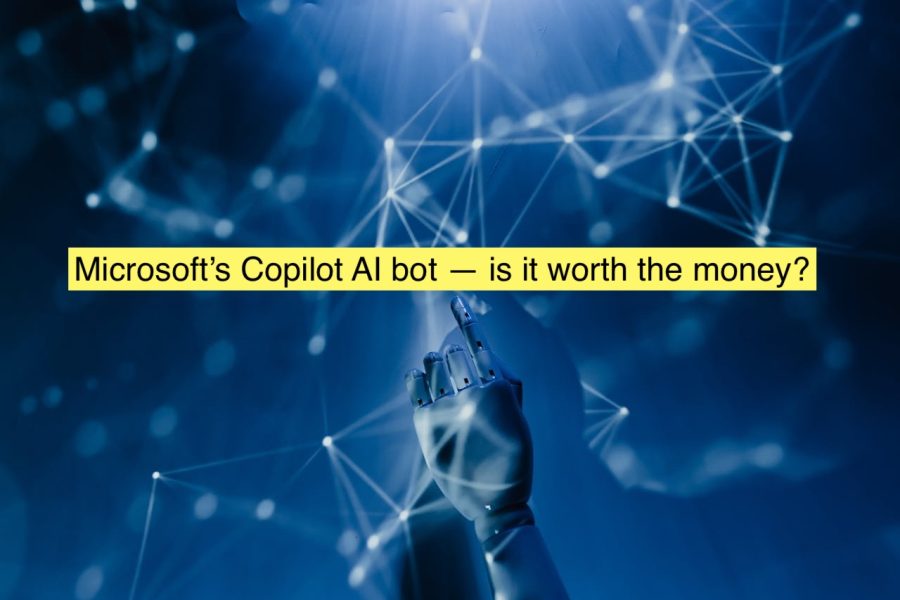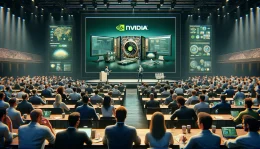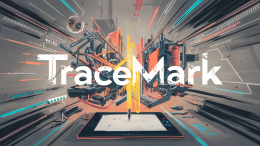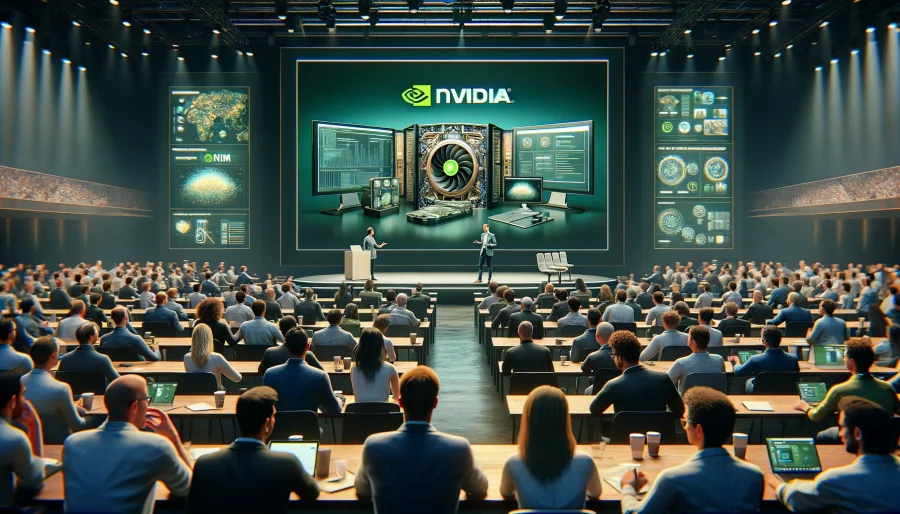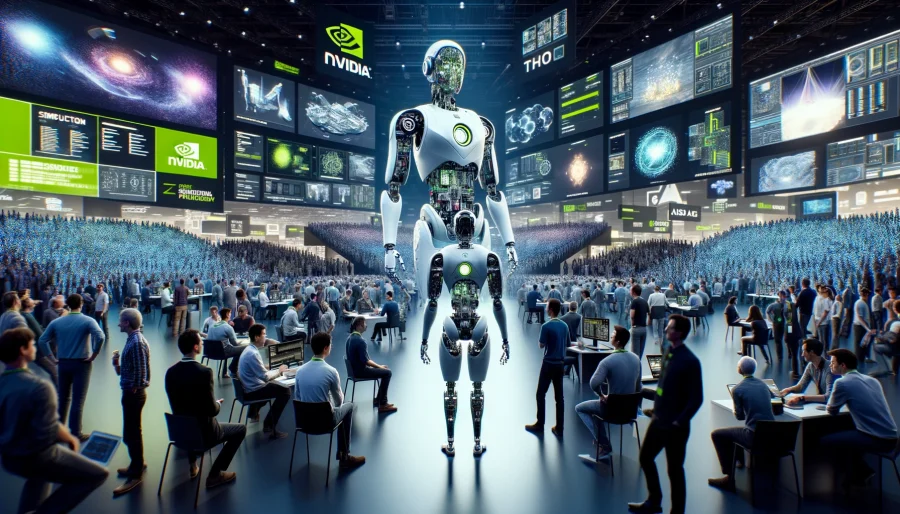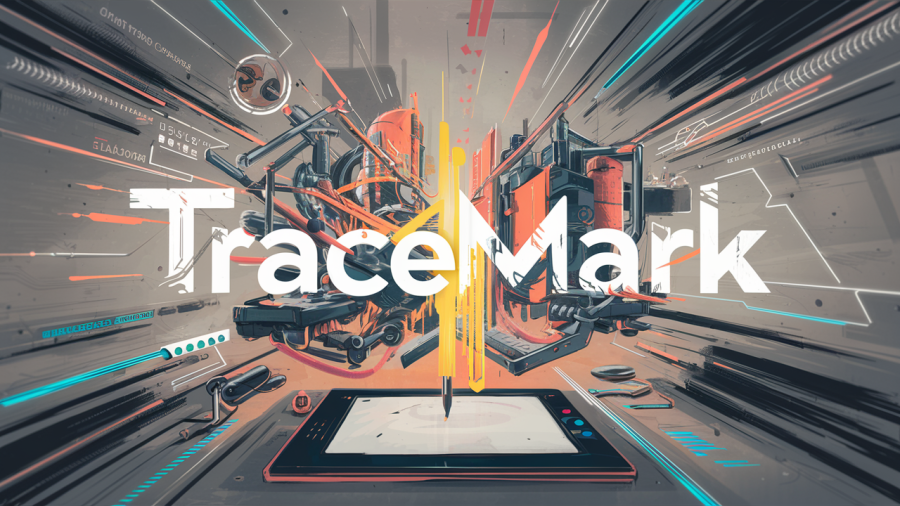AI assistants manage emails, meetings, and other tasks. Still, some people are dubious about them because of their high cost and restricted application, and the Microsoft AI bot is no exception. The Copilot AI assistant is selling well so far, but the testers who have had it for more than six months say one thing: “It is useful but often doesn’t live up to its price.” The price? $30 per person per month.
With Copilot for Microsoft 365, an AI update that integrates with Word, Outlook, and Teams, it would give Microsoft one of its most significant successes in decades. Using natural language cues, it can create documents, generate text, and summarize emails using the same technology as OpenAI‘s ChatGPT. According to Microsoft, the early demand from people is unparalleled, and the businesses who have tested it have found it helpful – but Microsoft has not released any information on the number of sign-ups.
Most will remember the press on the billions Microsoft bet to make this happen for the company—the $13 billion investment in OpenAI, to be precise. As a result, Microsoft’s shares have soared with the belief that this AI technology will turbocharge its revenue. An analyst with RBC Capital, Rishi Jaluria, said, “Copilot has to be a success for the stock to work.” Copilot was mentioned more than 50 times in the recent earning call.
Microsoft’s Super Bowl commercial
Microsoft debuted its first Super Bowl commercial in four years last Sunday, promoting Copilot as a resource that may assist entrepreneurs in achieving their goals.
Microsoft has been betting that businesses would agree to sign large contracts because they want to use this particular AI. In November, when the AI software went national, businesses had to commit to at least 300 memberships for the assistant. According to a Microsoft software distributor, many people are unwilling to make such a significant investment for unproven products. Last month, Microsoft lowered its minimum requirements to allow smaller groups to use the AI software.
Some businesses are reluctant to use AI technology until some of the hype dies down. According to a Boston Consulting Group survey, almost two-thirds of corporate leaders think it will take at least two years for generative AI to surpass the hype, despite stating that AI is a key priority for their organization. Most in the survey want to restrict all usage to small-scale experiments.
Featured Image Credit: Photo by Tara Winstead; Pexels
